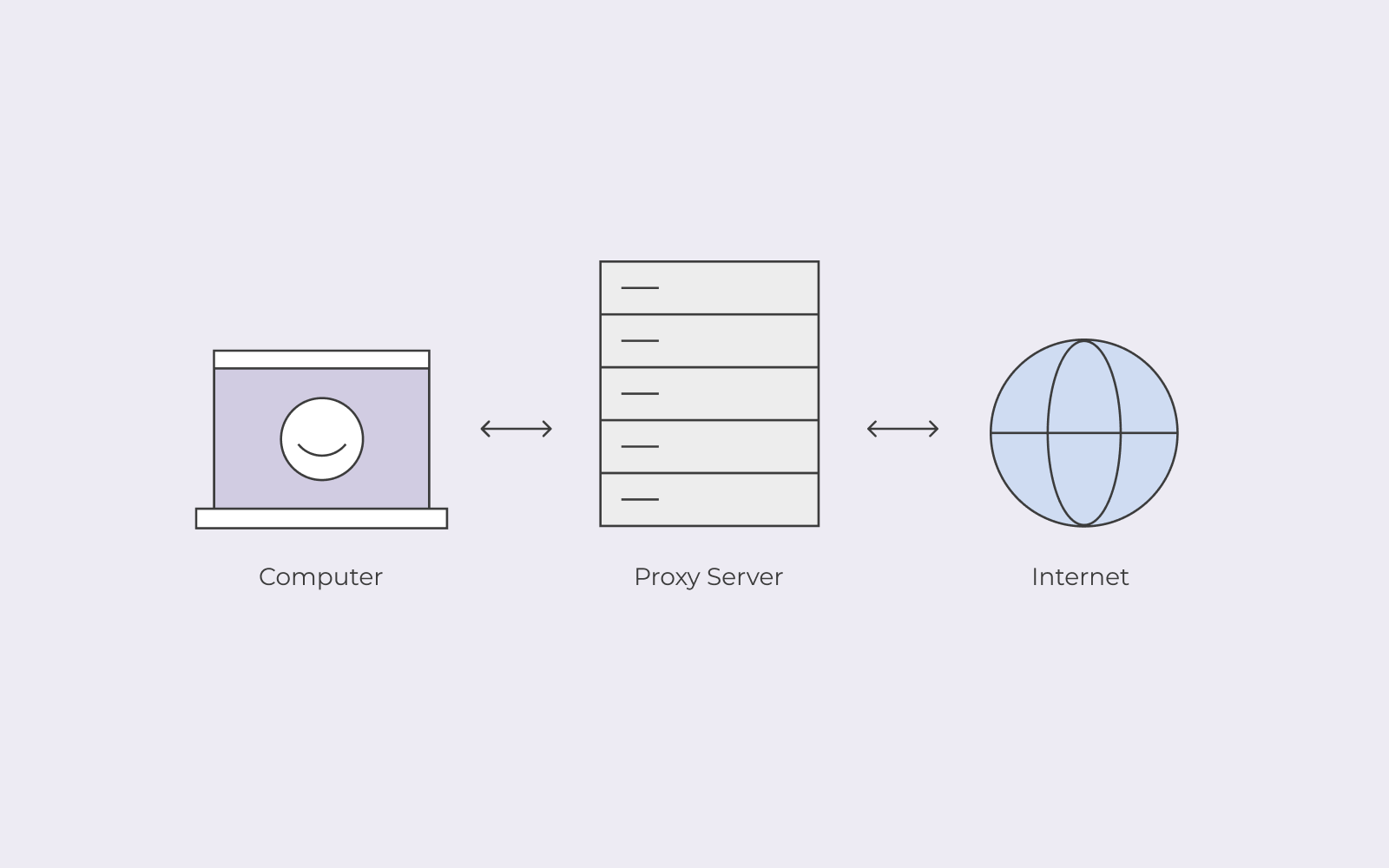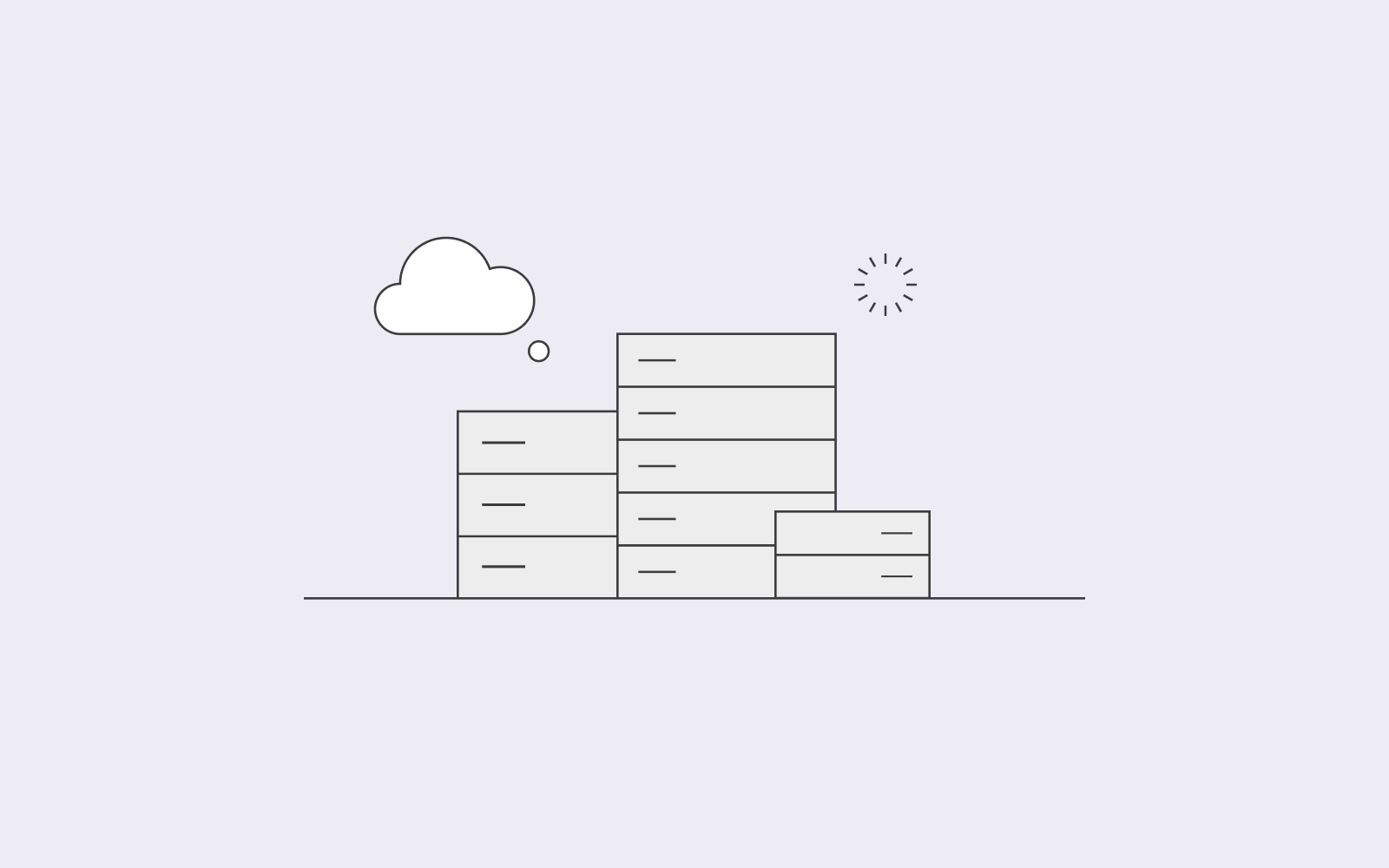What is a proxy server?
Should you use a proxy server at your company?
Brief Summary
A proxy server is a computer that acts as a middleman between your device and the internet. It can improve speed, security and privacy. Proxy servers are often used to manage internet usage and deny access to certain sites, or to access location blocked resources.
A proxy server retrieves data information such as a web page you want to visit. A proxy server acts as a middle man and will respond to your requests and give you the data you want.
In this article, we’ve explained everything you may need to know about a proxy server and why it would benefit your company to use a proxy server.

On this page
What does a proxy server do?
Typically, when you want to visit a web page, you type in the web address into your browser and press enter. What follows is your computer retrieves the web page you’ve requested from the web server. We don’t notice any of these events as it usually takes seconds before seeing the web page.
However, with a proxy server, the proxy server will act as the middle man (between you and the webserver) and retrieve the web page for you. Thus, when you want to visit a website, the proxy server will take the request you’ve sent out from your computer and directly retrieve the web page on your behalf and send it to your computer so that you can visit the web page.

Why use a proxy server?
A proxy server has many benefits. Below we’ve listed some benefits a proxy server can have on your business.
Privacy
One of the main benefits of using a proxy server is privacy. A proxy server hides your IP address, meaning that it enables you to surf on the internet anonymously. When you don’t use a proxy server, your IP address is visible, and people can find out which websites you like to visit. Instead, the proxy server retrieves the data for you to visit a website, so the IP address of the proxy server is the only visible IP address.
Speed
Another benefit of using a proxy server is speed. If an organisation or a company uses a proxy server, the proxy server will retrieve the web pages that the users request. How it works is that the proxy server retrieves the web page from the internet on behalf of the user and then stores the web page into a cache database. Placing the web page data into a centralised cache database will allow other users in the company to retrieve that web page even faster. This works more quickly because the proxy server does not have to go to the internet to retrieve the web page the user has requested, as the web page is already stored in the cache database.
Ps. It also saves bandwidth since the proxy server does not have to go on the internet to retrieve data.

Activity logging
By using a proxy server in your company or organisation, you can keep a close look at what type of websites your employees are visiting. The proxy will record the websites your employees visited and how long they spent browsing the website.
With the help of a proxy server, a company can also configure the proxy to block certain types of websites. For example, you can block Facebook if you don’t want your employees to browse Facebook at work.
With all this being said, keep in mind that a proxy server cannot encrypt data. Consequently, if the data is not encrypted, it can be intercepted by hackers etc.
To ensure the encryption of your data, you need a VPN (Virtual Private Network). The VPN will hide the IP address and encrypt all data transferred between your computer and the internet. Thus, all your activity is kept private when using a VPN.
